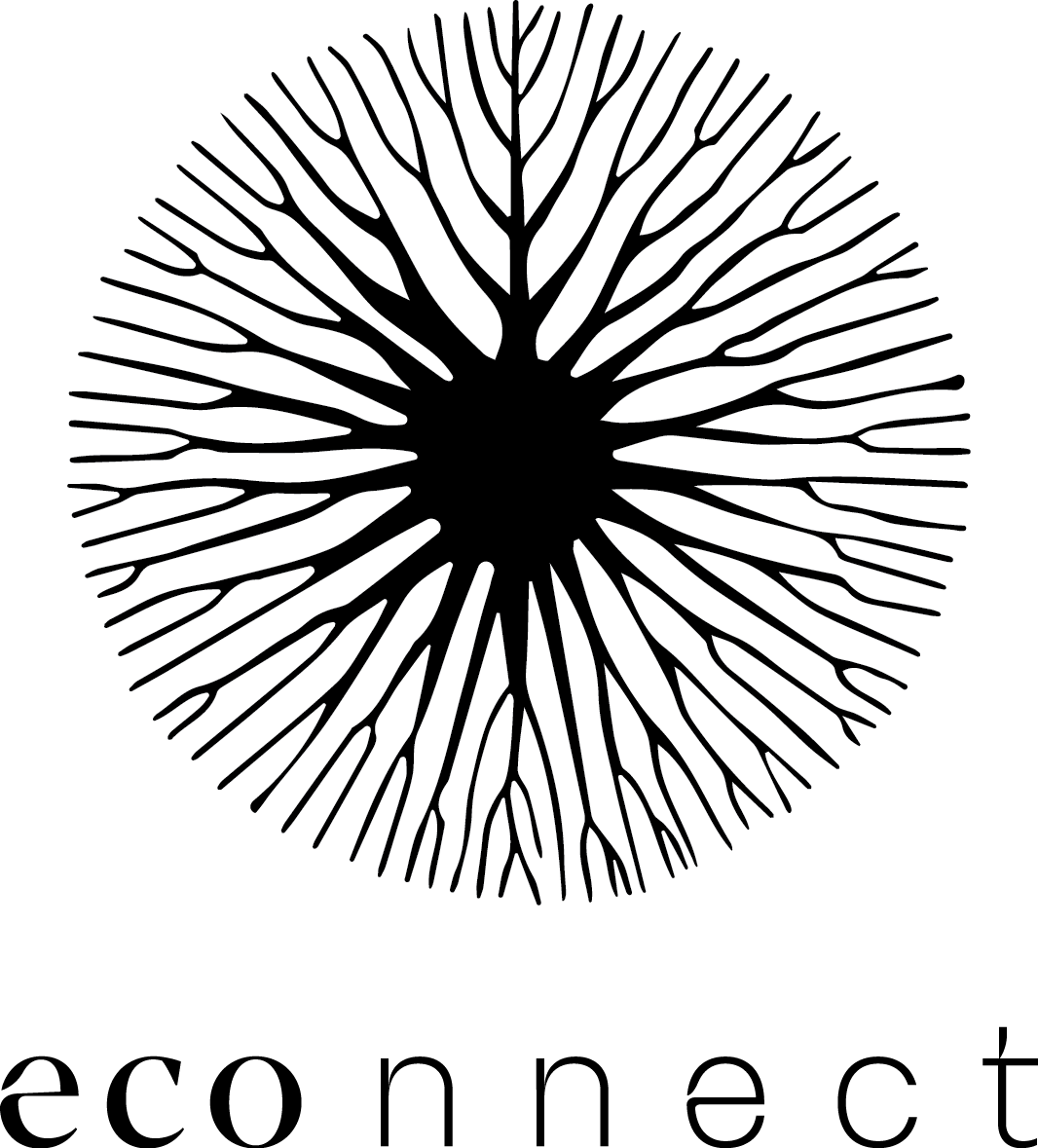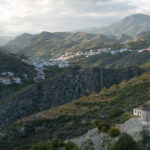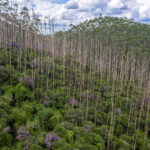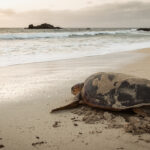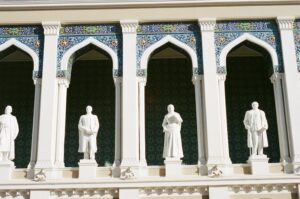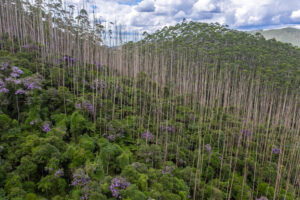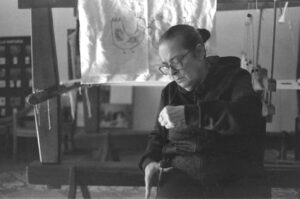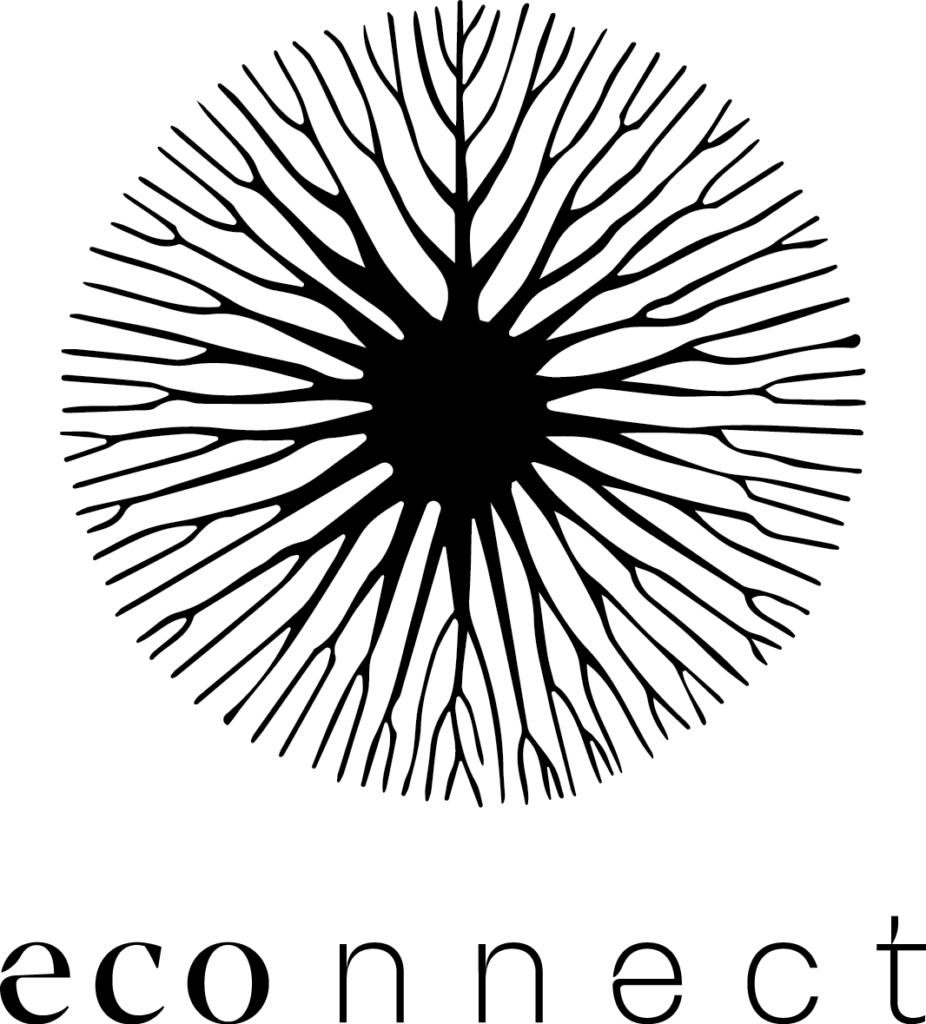I met my six-year-old self last night.
She couldn’t sleep. She was scared.
She only wanted to talk about the seagulls and the cormorants, the fish and the dolphins she had seen covered in a thick, black layer—their feathers and wings glued together as they struggled to open them, their eyes shut. They were trying to survive under a petroleum blanket that spread faster than they could ever outrun it.
“Why?” she asked. “Why did they let it happen? Why are animals suffering? Why aren’t the waves moving? Why is the ocean black?”
I could have answered her. I could have explained that a handful of old men allowed it to happen. We could have talked about how they got away with it—how a carefully managed chain of irresponsibility and corruption let them walk free.
But she didn’t want to hear it. And even if she had, she wouldn’t have understood.
Twenty-three years later, I don’t think I understand it either.
She only wanted it to be over. And how I wished I could have given her that. But I couldn’t. She wanted it to have never happened in such a deep, desperate way that it would have hurt too much to tell her: this was only the beginning.
So instead, I let her rest. I told her everything would eventually be okay. That we would try our best.
The MV Prestige sank in November 2002, spilling 77,000 tons of heavy fuel oil off the coast of Galicia, Spain—my home.
I was six years old when the biggest environmental disaster of the Iberian Peninsula unfolded before my eyes. And it changed me forever.
I wasn’t old enough to truly understand why the ocean, the beaches, the rocks, and the seaweed were pitch black. I wasn’t old enough to grasp why so many animals were dying in the arms of volunteers, or why so many washed ashore already dead.
Yet, somehow, I knew.
I remember the image of that massive ship slowly sinking, broadcast live on television. We all watched in silence, fingers crossed, hoping it wouldn’t be as bad as we feared. Hoping it would be as “under control” as the politicians claimed.
But it was worse. Much, much worse.
We watched the destruction of our ecosystem live on TV, while no one stopped it.
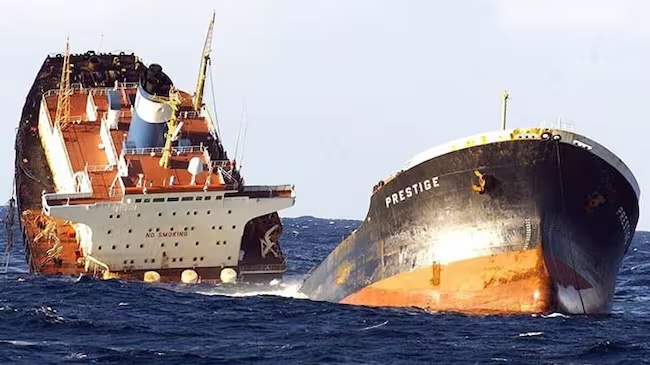
For at least ten years after the spill, I would still find black patches on the rocks of the beaches I swam in. The scars were there. They probably still are. The ocean was an open wound. It was crying for help.
And people responded.
Volunteers from across the continent came to clean the waters I grew up swimming in, to save as many lives as they could.
The scene was unlike anything I had ever witnessed. The world had turned black and white, yet the power of those people was a shining light. The thick oil and the white, COVID-like suits moved in perfect, rhythmic harmony along the coast.
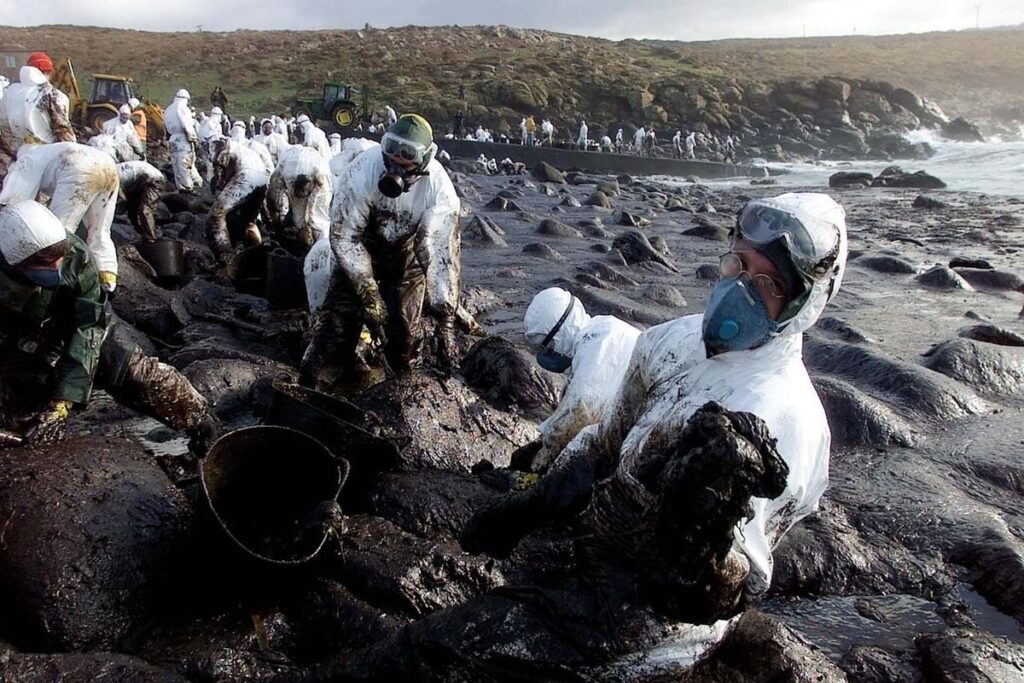
Little did they know that the remaining suits from that catastrophe would end up serving the same purpose in 2020—protecting those wearing them against something even bigger.
The Prestige changed us as a community. It showed me how powerful we are when we come together—when people see, understand, and act.
Those living by the ocean opened their doors, only for that thick, black layer to seep inside their homes.
The disaster was far worse than anyone expected. While thousands of volunteers shovelled petroleum from the sand and put suffering animals to sleep, our president stood on TV, claiming it was just a matter of “thin threads” leaking from the sunken barrels.
We were fighting a monster that would continue spilling fuel for years. The more we cleaned, the more arrived.
And then we realised something—something both a blessing and a curse.
We had no one. No authority.
Yet, we had each other. We had community.
I’d be lying if I said living through such a traumatic event didn’t shape who I am today.
Witnessing the power of volunteering at such a young age turned me into one myself.
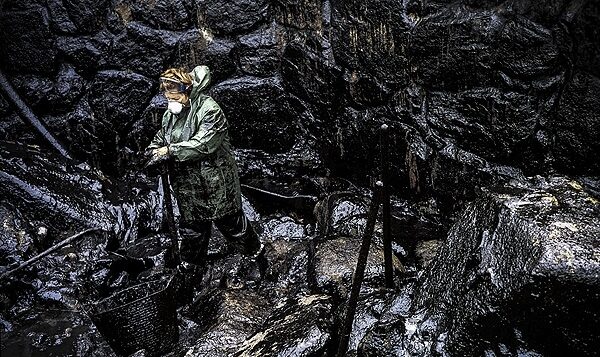
It felt—and still feels—almost mandatory to use my time to protect the ecosystems that sustain my life, and life in the planet I inhabit as a whole.
The streets, the houses, the balconies, even people’s clothes in Galicia were covered by a banner—a cry of outrage that became a citizen movement transcending borders, disasters, and time: “Nunca Máis.” (Galician for “Never Again.”)
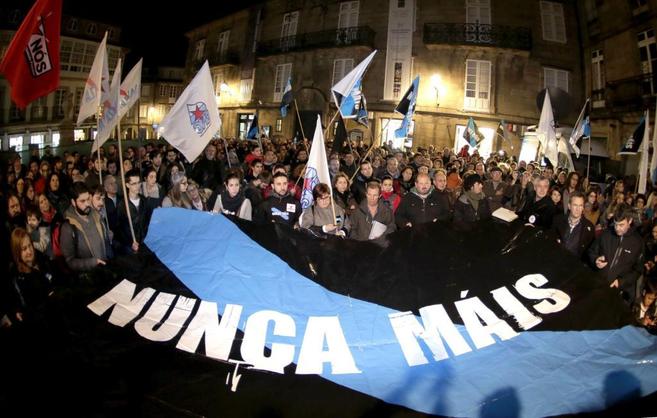
“Nunca Máis” touched us all.
It was an absolutely unified decision. A final warning to the political class: this would NEVER happen again.
The only good takeaway from the Prestige catastrophe was precisely “Nunca Máis”—the people had risen, and they would no longer allow decisions with such devastating echoes in our collective history.
But how wrong we were.
We forgot that only the people save the people. And in Galicia, the people have nothing in common with the political class living in mansions on the outskirts of Santiago de Compostela, our capital.
The Prestige left scars—but they hadn’t healed. And now, Altri has reopened the wound.
Altri—the megaproject, the enormous, colossal monster that must be fed eucalyptus —an invasive species planted in our region just a few decades ago— 24 hours a day, 7 days a week.
Altri is the name we give to Proyecto Gama, a massive pulp factory planned for Palas de Rei, Lugo, focused on producing textile fibres. Altri is simply the company behind the monster—a wealthy Portuguese corporation that found no support in its own country and decided to devastate the neighbouring ecosystem, Galicia, thanks to the complacency of our government.
In southern Galicia, there’s already a similar, much smaller company: ENCE. It’s responsible for turning the forests I grew up in into eucalyptus plantations that burn every year, destroying homes, towns, and lives. For as long as I can remember, every year, the entire city of Pontevedra—my city—marches against this factory.
The government keeps granting it 50-year licences. They never listened.
In comparison, though, Proyecto Gama would make ENCE look like a playground.
It will occupy 360 hectares (10 times more than the current factory in Pontevedra) and require 46 million litres of water EACH DAY, extracted and returned—polluted—into the River Ulla. The company itself has admitted that at least 30 million litres will be discharged, again, polluted, into the river.
In summer, the area already suffers from water shortages. Locals might not be able to wash their dishes every day, but the eucalyptus-eating monster will never go thirsty.
And its reach extends far beyond those 360 hectares. Three protected areas under the Natura 2000 network—ZEC Serra do Careón, ZEC Sistema Fluvial Ulla-Deza, and ZEC Sobreirais do Arnego—as well as the Atlantic Islands of Galicia National Park, are all at risk.
The project directly threatens several endangered species, including endemic plants and more than 140 bird species that inhabit the region, many of which appear on the Galician and Spanish endangered species lists. They didn’t care about the cormorants or the seagulls—just as they don’t care now about these thousands of birds.
To bring this project to life, Altri is requesting up to 250 million euros in public funding from the EU’s Next Generation funds. These resources—meant for sustainable recovery and environmental protection—are instead being funneled into a venture that could collapse one of Galicia’s most precious natural ecosystems.
The response from local communities and environmental organisations has been swift and fierce. We have not forgotten—nor forgiven—the Prestige. Over 23,000 objections have been submitted, with major groups like Greenpeace among them. The first protest in Palas de Rei—the epicentre of the controversy—drew more than 20,000 demonstrators, all united against what they see as a barbaric assault on their homeland.
The Altri pulp megaproject is not just an industrial development. It is a reckless gamble with Galicia’s future. It threatens to erase part of our natural heritage, endanger our communities, and permanently scar an ecosystem that has sustained us for generations.
The Prestige happened behind our backs. We made the mistake of trusting that it wouldn’t happen again—that someone would listen if only we’d had the chance to speak.
But Altri is happening right before our eyes, with our children screaming for a future that is being taken away from them. Only one thing is clear: If history repeats, so do we.
We have fought, we have shouted. We’ve taken “Nunca Máis” and turned it into “Altri Non”—a cry that now resonates at every protest, every march, every social gathering, every concert or presentation, every place where more than three people come together. And yet, they’re trying to drown it out.
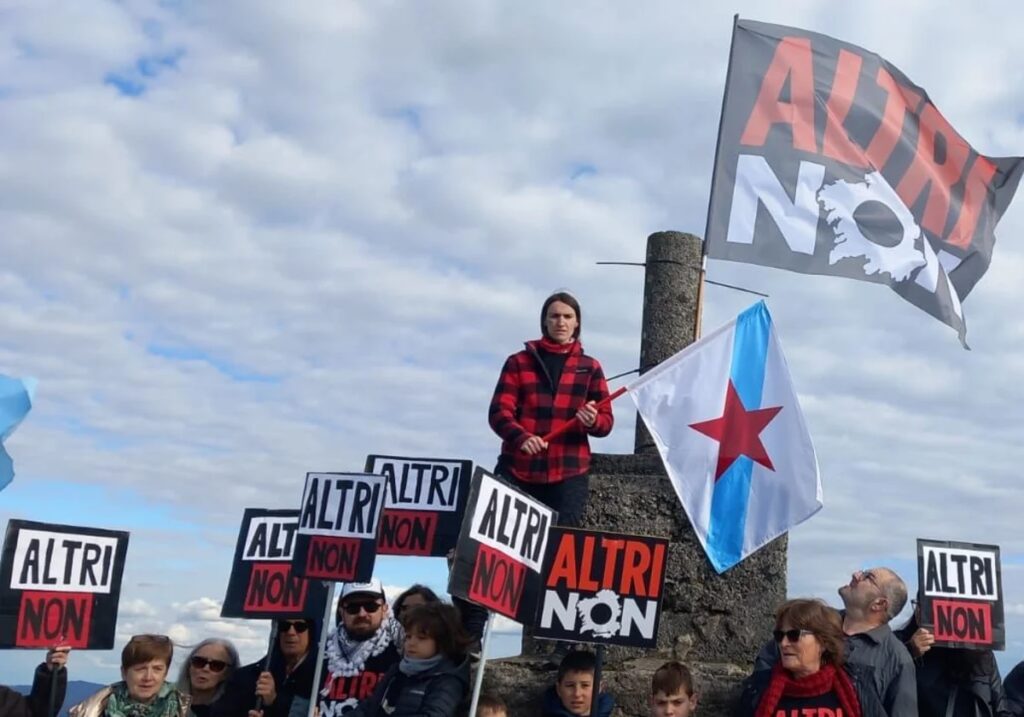
And I wonder: if we’ve all learned from the past, why can’t we teach them?
It’s Earth Day as I write this, and all I can think about is my six-year-old self crying over the Prestige, not knowing how to help her while shouting “Nunca Máis.”
And my 28-year-old self, crying now, still not knowing how to help—while screaming “Altri Non.”
